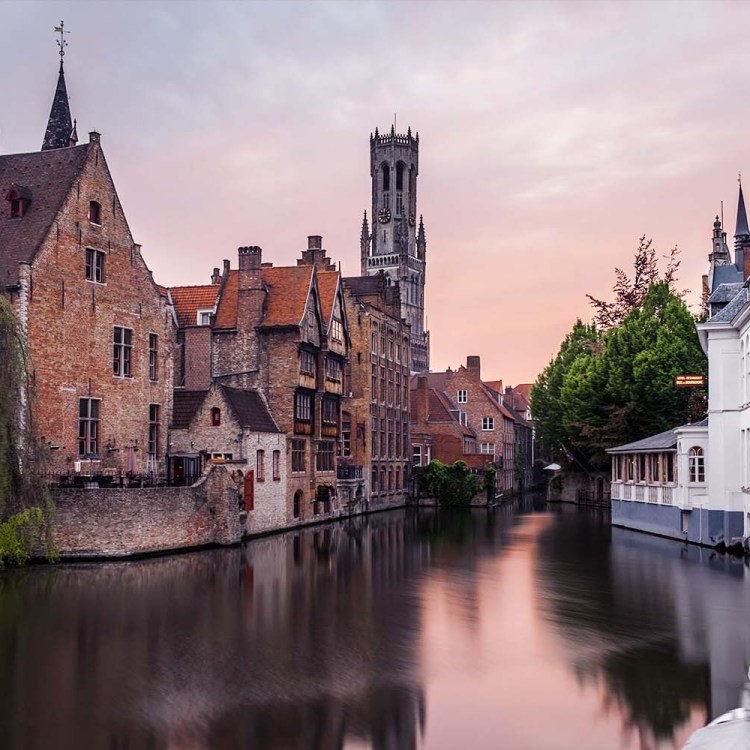Vacation measured in months, rather than days or weeks? A year of paid paternity leave? Made-up months for extra salary?
It may sound like a dream world. It’s actually called “Europe.” (Why you so eager to leave, Great Britain?)
It’s a sharp contrast to the U.S., which recently earned a 4 (1 is the best, 5 the worst) on the ITUC Global Rights index — indicating repeated violation of workers’ rights.
The five European countries listed below, meanwhile, are among the leaders in creating fantastic workplace environments (added bonus: three of them also double as the the happiest countries in the world). Here’s what they did to earn that title.
Netherlands
Laura Quick, who works in Amsterdam, says Dutch employers expect citizens to have a healthy work-life balance. “No one expects you to be at the office at 7:00 and sit there until 20:00 … it would definitely be frowned upon,” Quick told BBC. One Dutch creative agency, Heldergroen, follows the belief that “there is a time and space to start work.” Recently, they went so far as designing office furniture that is lifted up and stored in the ceiling every day at 6 p.m to ensure nobody stays late.
Denmark
Power relations between bosses and workers are more relaxed in Denmark — or as sociologist Geert Hofstede puts it, there’s a “low power distance.” That’s not the only way Danish employees are more empowered in the office. One law requires that a workplace with more than 35 employees open up seats on the board for employees. The new members are elected by their peers and receive equal voting powers as the rest of the board members. And getting fired in Denmark sounds like a blessing: you earn 90 percent of your original salary for two years.
Norway
New Norwegian parents receive 46 weeks off at full salary or 56 weeks at 80 percent pay. Parental leave is also granted to both mothers and fathers — a factor that Christa Clapp says creates a culture of more active fathers. The paternal leave also serves an economic purpose, allowing mothers to get back to work faster.
Belgium
You could be getting paid for 1.92 more months a year if you lived in Belgium. The 13.92 month salary is designed to help accommodate for months when expenses are highest. Typically in May, workers receive an extra 92 percent month’s salary as vacation pay as well as an extra “13th” month at the end of the year. Belgian workers also get more vacation time throughout the year than North Americans.
France
In an attempt to limit overtime, France is currently proposing a bill that would give people the right to disconnect from work (translation: no after-hours work emails, for starters). A risk analysis firm called Technologia found that 3.5 million French workers were emotionally exhausted from work and risked developing burnout symptoms. If passed, the bill will go into practice in 2018, allowing France to return to its “laissez faire way of life.”
For more travel news, tips and inspo, sign up for InsideHook's weekly travel newsletter, The Journey.





















